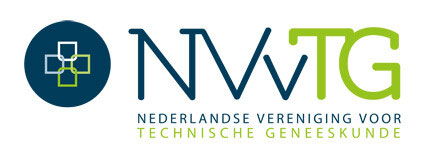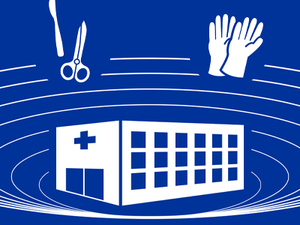Whether it is about reducing medical waste or improving medical equipment and devices to ensure their continuous supply, we need solutions that can make our healthcare system more sustainable.
The healthcare supply chain is under increasing pressure as resources are rapidly diminishing. Circular reprocessing not only helps reduce both carbon dioxide emissions and healthcare costs but can also alleviate this pressure.
The courses in this program are intended to help designers, engineers, industry representatives, hospital staff and decision makers to facilitate a transition towards a circular economy in the healthcare sector. This would bring about environmental benefits by reducing the carbon footprint and waste streams produced by hospitals and related organizations.
These two courses use an interdisciplinary approach to create sustainable solutions: one from the suppliers’ perspective and the other one from the users/buyers’ perspective. The first course demonstrates how designers and suppliers can contribute to value creation in their business via the circular economy and the second helps hospitals and other healthcare organizations create smart circular economy solutions and reduce waste streams.
You will learn how to deal with the scarcity of raw materials, apply circular strategies (including reusing, repairing, remanufacturing and recycling), how to set-up a green team and to make recommendations for reducing waste streams. Furthermore, you will learn to identify entrepreneurial opportunities and smart solutions to design and create proposals for circular products and processes.
This program is developed by Delft University of Technology (TU Delft), ranked among the top universities in the QS World Rankings, in close collaboration with world-class experts from both the industry and academia. Therefore, it provides not only academic insights but also practical tools and examples which can be implemented in any organization, and can help you propose and develop your own circular solutions and programs.






